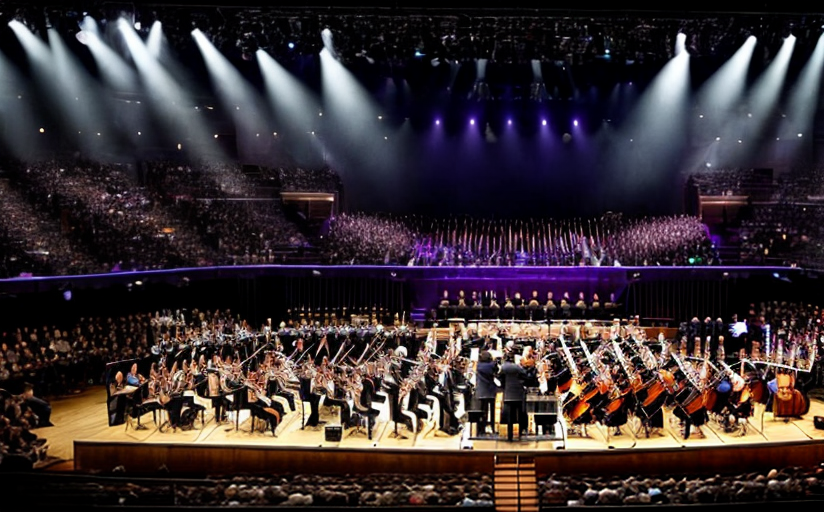The Influence of Classical Music on Modern Pop Culture
Classical music, over many centuries, has etched a profound influence on a wide range of artistic domains, but its impact is particularly profound in its shaping of the contemporary pop culture. Periods like Baroque, Classical, Romantic and Modern have each contributed to the rich tapestry of music as we know it today. The crossover of classical music into pop has indeed broadened the musical landscape and transformed music into a dynamic and ever-evolving art form.
Pop Songs Inspired by Classical Compositions
Many pop sensations have drawn inspiration directly from classical music masterpieces. For instance, the Beatles’ hit song, Yesterday, reveals a melodic structure that can be traced back to certain suites by J.S. Bach. Barry Manilow’s Could It Be Magic, integrates portions of Chopin’s Prelude in C Minor, infusing a classical aura into an otherwise upbeat pop song.
The Intersection of Classical music and Modern Pop
Modern pop music doesn't shy away from infusing classical elements, often with incredible results. Clean Bandit's Rather Be, a chart-topping song from 2014, blurred the lines between pop and classical music through the usage of violin arpeggios and electronically manipulated cello beats.
Moreover, artists like Lindsey Stirling have carved out music careers by combining classical styles with contemporary trends. Stirling's electrifying violin performances merge elements of classical music, pop, rock, and electronic dance music, creating a unique genre-defying sound.
The Broader Musical Landscape
Pop's borrowing and blending of various elements from classical music has contributed to the evolution and diversification of the musical sphere. This results in experimentation, fusion of genres, and birth of new sounds that continue to broaden the boundaries of what is considered 'pop' music.
Continuing Significance of Classical Music in Pop Culture
The ongoing intersection of classical music and pop culture is instrumental in the development of vibrant, fresh and captivating tunes. It not only enriches the stylistic range and appeal of pop music, but also ensures the preservation and relevance of classical music in today's musical discourse.
Through its unparalleled depth and complexity, classical music continues to inspire modern musicians, transforming and evolving with the times while retaining its core character. The timeless influence of classical music ensures that it will remain a vital part of our cultural landscape for generations to come.

















Comments
Leave a Comment